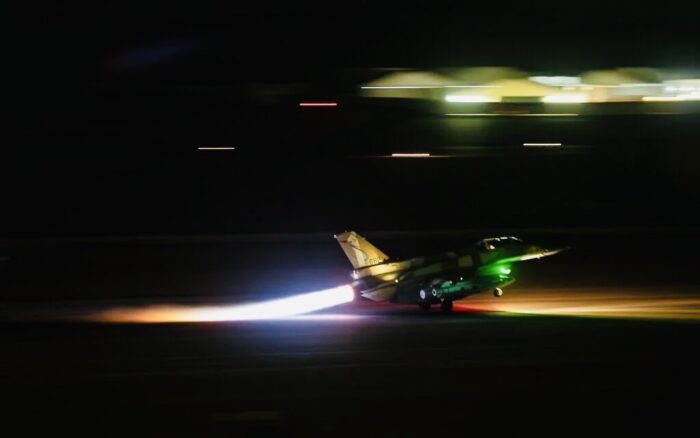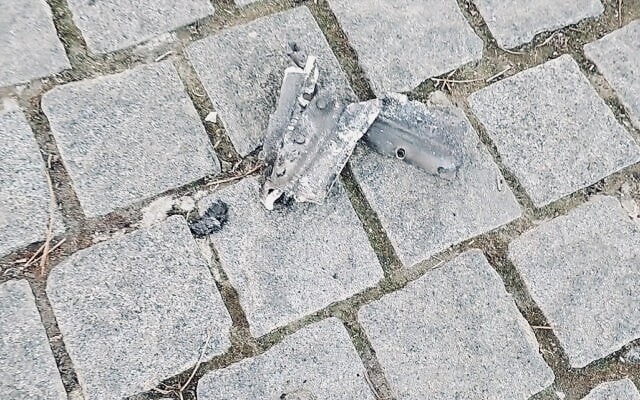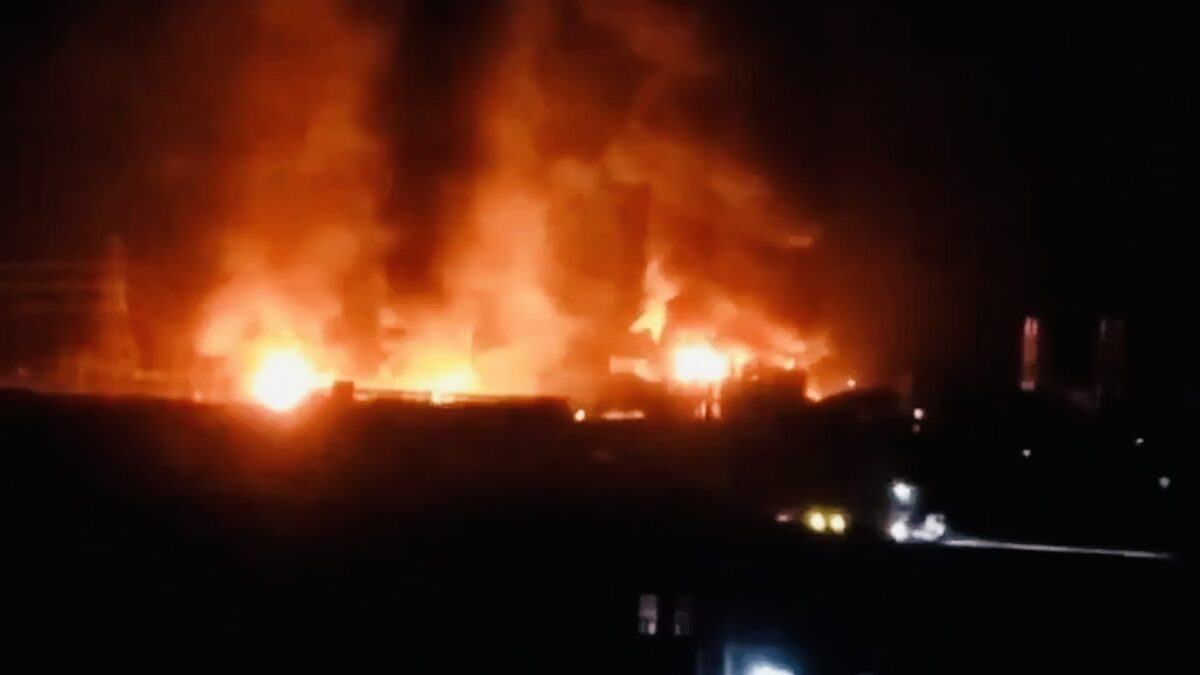The Houthis are recklessly exposing Yemen — a poor and underdeveloped country still caught up in a civil war — to economic ruin.
Unprovoked Houthi attacks targeting Israeli cities have driven Israel to retaliate with punishing air raids aimed at Yemen’s critical infrastructure. This can only be detrimental to Houthi interests and the people of Yemen.
Prime Minister Benjamin Netanyahu says that Israel is acting not only in self-defence, but helping to protect international shipping lanes in the Red Sea and the Gulf of Aden by virtue of its strikes against the Houthis.
The Houthis have fired more than 200 missiles and 170 drones at Israel since October 7, 2023, the day Hamas terrorists invaded southern Israel and killed roughly 1,200 Israelis and foreigners.
This unprecedented massacre triggered Israel’s wars with Hamas and Hezbollah and emboldened the Houthis to declare war on Israel.
A proxy of Iran and a member of its Axis of Resistance network, the Houthis have fired on ships, seized one vessel and sunk two others in the Red Sea and the Gulf of Aden. Houthi aggression has upended shipping routes, cut sharply into the revenues of the Suez Canal in Egypt, and had a negative effect on the global economy.
Iran is ultimately at fault because it supplies the Houthis with weapons and encourages them to behave like pirates. The international community should not allow Iran to act with impunity.
These brazen attacks have prompted the United States and Britain to strike Houthi rocket launchers, arms caches and command and control centers. But Iran has yet to feel the sting of a U.S. bombing campaign.
Israel, in the meantime, has acted resolutely.
Since last July, the Israeli Air Force has struck Yemen three times, causing extensive damage. On December 19, Israeli aircraft bombed the ports of Hudaydah and Salif, the Ras Isa oil refinery, and two power stations in Sanaa, Yemen’s capital, resulting in the deaths of nine people.

The Houthis, nevertheless, remain defiant, insisting they will only stop their attacks when the war in Gaza ends.
They mean what they say. In the early hours of December 21, they fired yet another missile at Israel. It struck Jaffa, slightly injuring 16 people. Israeli forces were unable to intercept it.
If the Houthis continue attacking Israel, they will pay a very heavy price, Israeli Defence Minister Israel Katz said recently. As he wrote on X, “I warn the leaders of the Houthi terrorist organization: Israel’s long hand will reach you as well. Whoever raises a hand against the state of Israel, his hand will be cut off. Whoever harms, will be harmed sevenfold.”
This is not an idle threat.
Israel will not hesitate to respond and bomb northern Yemen, which has been in the hands of the Houthi rebels since the outbreak of Yemen’s civil war about a decade ago. As the Houthis must surely realize, Israel has a huge military advantage over them. The Israeli Air Force, the finest in the Middle East, can strike Yemen at will.
The Houthis also are aware that their strategy is basically ineffective. Virtually all of the projectiles they have launched have been shot down by Israel.

Case in point: As Israeli aircraft bombed Yemen on December 19, the Houthis fired a ballistic missile at Israel. Although it was partially downed by the Arrow air defence system, the warhead failed to explode and crashed into an empty school building in Ramat Gan, a suburb of Tel Aviv. No one on the ground was hurt.
Shrapnel from the Arrow or another missile defence battery landed on several parked cars in Ramat Gan and damaged buildings in Modiin. In addition, fragments from an interceptor rocket fell outside the Knesset.

This collateral damage, while relatively costly in material terms, will not deter Israel from launching further reprisals.
Despite Israel’s determination to inflict punishment on the Houthis, “two critical elements have been entirely absent” in its strategy, says the Tel Aviv University-based Institute for National Security Studies
“One is striking the sender, Iran, which funds and orchestrates the missiles from Yemen. Both the international coalition and Israel have responded directly to the proxy rather than to the hand rocking the cradle.
“Second, there has been no effort to destroy the Houthis’ command and control or significantly degrade their military power. In other words, there is no extensive and sustained campaign to weaken the Houthis in a way that intensifies the pressure, as has been done with Israel’s other adversaries in the current war.
“What should be done? A sustained campaign is needed, not just a single operation. Such a campaign requires different intelligence and strike capabilities. Israel needs to build operational capacities that allow for greater flexibility and precision.”
It is clear that Israel will need to exert a lot more military pressure on the Houthis to convince them that their unbridled aggression will be costly and counter-productive.
